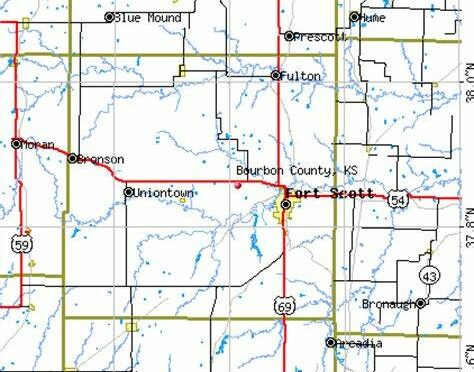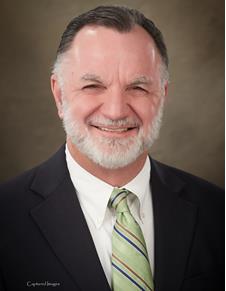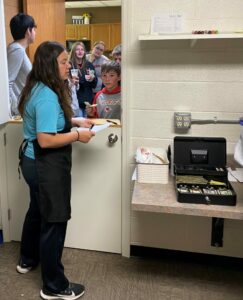
Jana Walker started the Facebook group, Buy Nothing Bourbon County, in August of 2020.
“When feeling I could not communicate well enough that this group is a reflection of Christ’s love in us and for us, I asked God that when I opened my Bible, I would find his words to express the reasoning behind and the heart of this group,” Walker said. “I opened my Bible blindly to, 1 Corinthians 4:1. It says, ‘Thus should one regard us: as servants of Christ and stewards of the mysteries of God.'”
“There were things in our home that we no longer wanted or needed, but there was not a local place to donate the items to, on a daily basis,” Walker said.
“When people are cleaning out their homes or purging most would rather not store their unwanted things for a garage sale once or twice a year,” she said. “We have such a throw-away society. This gives people an option to share their resources instead of tossing it in the trash or donating the items to a nearby community when there are people in Bourbon County who could benefit and appreciate the kindness from their friends and neighbors.”
“After realizing that there was a need and benefit for sharing with people in our county, it was only a matter of figuring out how to go about advertising and exchanging,” Walker said. “There are large followings on other local Facebook pages that are for buying and selling, and there are members who occasionally offer free items there, but why not promote this as only free items to really be a quick resource to meet the needs of both the givers and receivers?”
“This also gives community members the opportunity to ask if someone might have an item they are no longer using and might want to pass on, or even ask to borrow something,” she said.
Everything has value to someone, she found.
“Group members have shared joy through splitting plants and sharing new starts, listing a dining room table so now a family can sit together and enjoy a meal, home decor, used furniture, old magazines to be used for recipes or collages, children’s bikes, sports equipment, empty egg cartons for chicken owners, and so much more,” she said.
“No money may exchange hands in this group, and local free resources can be listed,” she said. “There are wonderful opportunities to both donate to and benefit from that we want the community to know about!”
“Most people exchange by porch pick up at their home, but each party can make their own arrangements according to their preference,” Walker said.
Members of this Facebook page have listed the following resources for the community, according to Walker.
A small free food pantry is located in a yard on 4th Street (underneath a willow tree) that one can give to or take from.
It has all kinds of donated non-perishable foods, she said.

The Washeteria, 5th Street and National Avenue accepts used clothing, washes them and people can ‘shop’ the clothing in the sheds at the business, Walker said. They are currently operating by appointment only. They request that you call ahead with requests and sizes. They prepare clothing in those sizes for you to go through at your appointment, and it is a totally free service they offer! The other option is they set out clothing of all sizes on the third Saturday of each month for people to come and ‘shop’ at their location.
They have adult, children, and baby sizes.

Bids and Dibs, 108 Scott Avenue, also accepts donations of gently used clothing and then sells them as regular stock, then the proceeds or credit for merchandise go to local groups, such as Care to Share, documented fire victims, the Beacon, and others, she said.
Fort Scott Compassionate Ministries assists community members in need of heaters, coats, hats, gloves, and blankets, Walker said.
Angel Gifts Facebook page was created in December 2020 to provide family adoptions for Christmas, she said.
“The people of Bourbon County are just amazing,” Walker said. “We are blessed to live in this community!”
Here are the rules for Buy Nothing Bourbon County





























